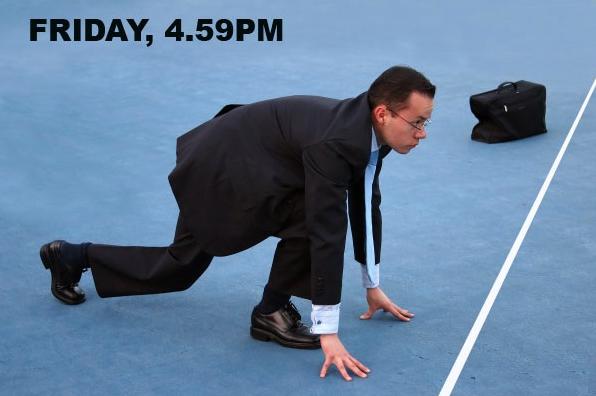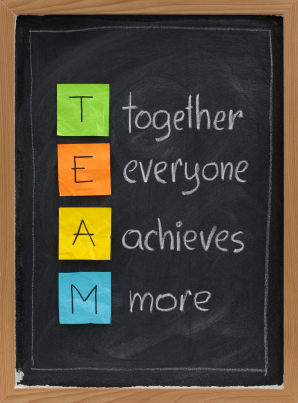Productivity is probably one of the most commonly used words today.
All of us are looking for ways to improve, increase, hack or boost our productivity, whether that may be in the workplace or overall lives.
Articles are constantly being published and appearing on our newsfeeds on the latest secret to increasing our productivity.
Yet in all this mayhem we can end up feeling overwhelmed, not knowing which tips to implement. And we end up not doing anything at all.
In this free Masterclass, Niklas Goeke provides actionable tips that we can adopt in our everyday lives to improve our productivity without having to turn everything upside down. It’s all about small steps!
Click here to sign up to the Master Class (did I mention it is free?): Master Productivity – 14 Day Course

Image: Pixabay (CC0 – Creative Commons)








Recent Comments